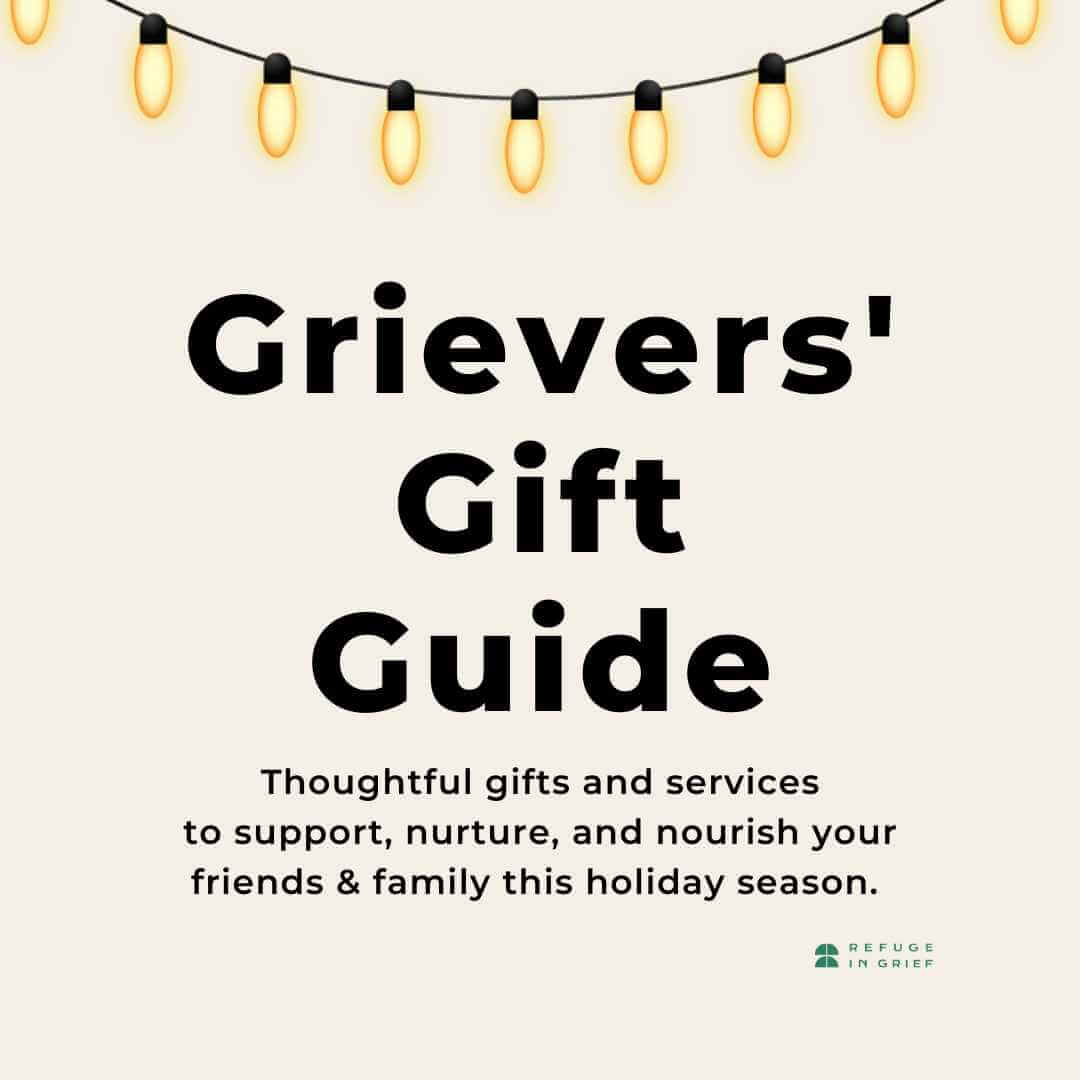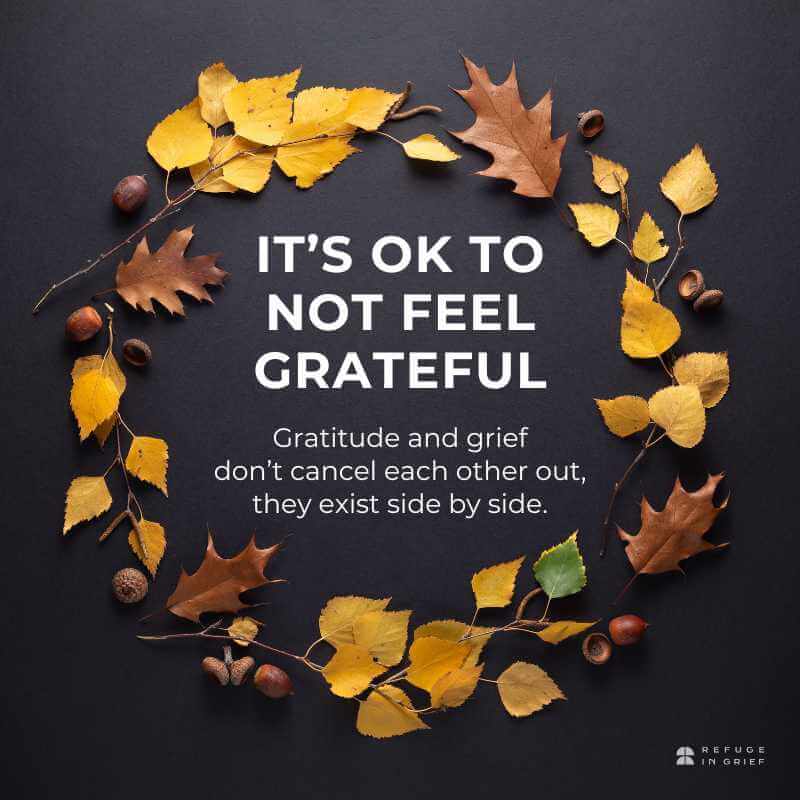learning to deal with grief: it's not just for emergencies
 A few weeks ago, I was a guest on Michael Knouse’s Start Up Sessions. I had so much fun talking with Michael. We covered some really good territory for the first 3/4 of the show. But then….
A few weeks ago, I was a guest on Michael Knouse’s Start Up Sessions. I had so much fun talking with Michael. We covered some really good territory for the first 3/4 of the show. But then….
Michael said something along the lines of, “these are great tools to keep in mind in case you ever find yourself in an emergency situation, or the unlikely happens, and you want to know how to help.” Ack! No! These skills are not just for emergencies.
The tools and skills we need to care for each other better, to listen to each other’s pain without jumping in to fix it, can’t be “in case of emergency” tools. As you’ll hear in the podcast, Michael and I discussed the need to keep these tools in your pocket, not locked away in the basement “in case of emergency.” The time to practice these tools is now, before you need them.
And we have lots of opportunities to practice: every single day, people tell us about their pain – small pain and large. We get to choose whether we acknowledge what they’re saying, or whether we jump in with immediate solutions, or worse – dismiss and ignore their pain altogether.
We can get so much better at listening rather than fixing. It just takes practice. Click To TweetClick this link to listen to my conversation with Michael on his show, the StartUp Sessions. Bringing grief talk out into the wider world is how we change things for grieving people everywhere. Bringing grief talk out into the wider world makes things better… for everyone. And not just in case of emergency.


How about you? What are your thoughts on bringing tools of bearing witness to pain out into wider, daily life? How do you see the trickle down effect helping you in your own grief? Let us know in the comments. And please be sure to share this post with those who would find it useful. Together, we can change how we do grief.


